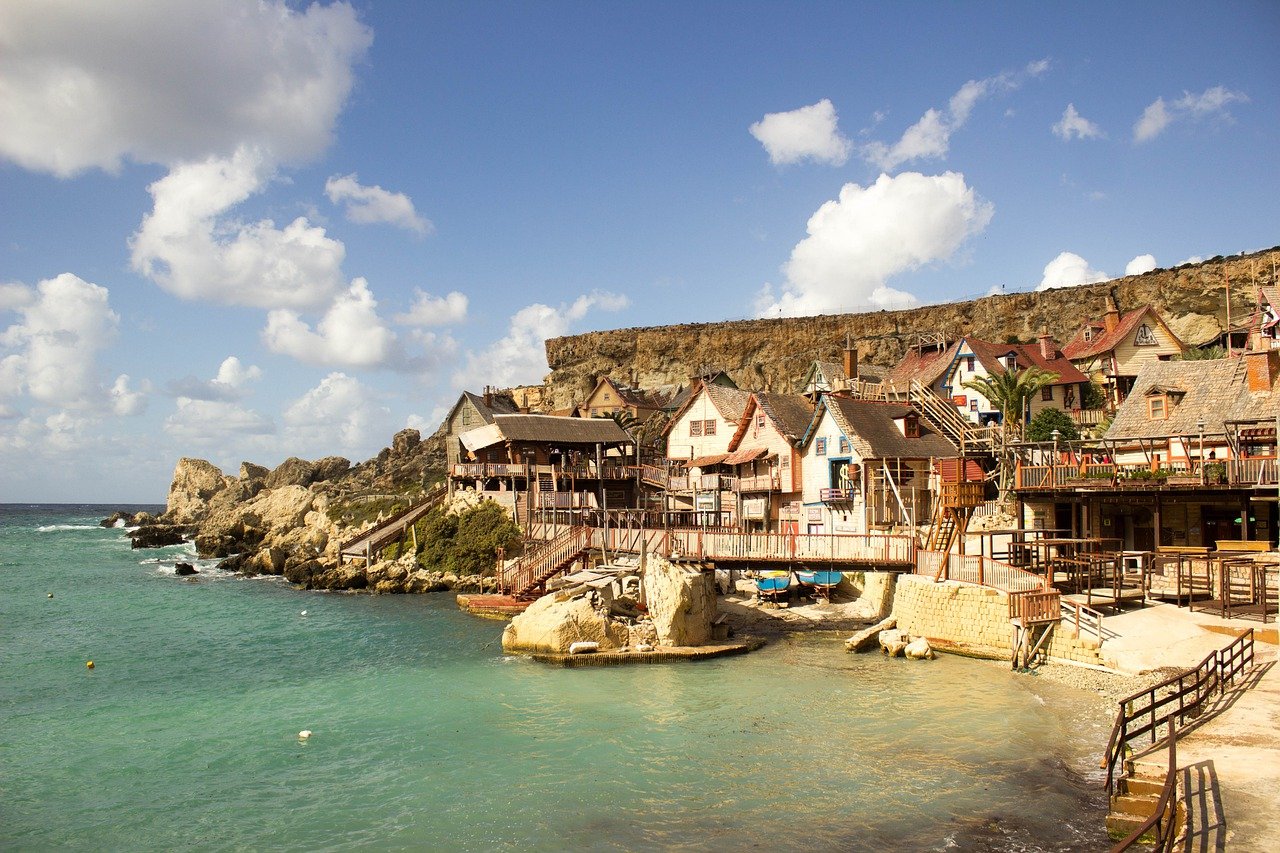OSA Digital Travel Services Ltd., defines Film Tourism as a branch of cultural tourism and refers to the growing interest and demand for locations which became popular due to their appearance in films and television series.
Smart competition in the film business does not only consist of a studio complex or financial incentives, but also in ensuring the availability of qualified crew. One of Malta’s challenges is that of providing enough crews in terms of quantity and first class expertise to sustain even the normal levels of productions visiting the island. With the implementation of training courses, it is vital that the Maltese Government takes the initiative to put in place the appropriate structure and legislation aimed at better protecting and regulating film employment.
Over the past couple of years, the film industry in Malta took a new dimension and is now another important contributor to Malta’s economic growth. It is crucial to maintain, if not increase, this momentum. A robust, long-term vision and strategy needs to be implemented, in order to ensure that Malta remains competitive and builds on the encouraging success it has achieved so far.
As the potential of this sector has become increasingly more evident, the Ministry for Tourism has, together with film industry stakeholders and following a wide public consultation, drafted a policy focused solely for the film industry. This policy sets the vision up till 2020, with the aim of maximising the potential of both Malta’s film servicing industry as well as the promising local film sector. This policy will serve to transform Malta into a unique film destination.
Studio Complex Management and Ownership Structures
When it comes to the management and ownership of a studio complex, different countries implement different co-operative strategies to run a studio complex. Choosing the new studio operators by a competitive process would be ideal
Incentives for Film Infrastructures
A few relatively good programs already exist for the upgrade and building of the proposed infrastructure:
Investment Tax Credits
The Investment Aid Regulations - LN 68 of 2008 (S.L. 643.02) offers investment tax credits with regards to the “development and production of audio-visual products, and or the operation and provision of facilities directly required for the development and production of audio-visual products”.
Investment Allowance Scheme
The Business Promotion Act (Chapter 325 A. 7) entitles any qualifying audio-visual company to an investment allowance of 20% in the case of buildings and structures, plant and machinery. With regards to the latter it is important to make it clear that film equipment forms part of ‘plant and machinery’.
Reduced Rate of Income Tax
The Business Promotion Regulations - LN 135 of 2001 (S.L. 325.06) A. 4(3)(i), offers reduced rates of income tax to companies whose ‘trade or business, in Malta, consists solely of … the production of audio visual productions consisting of feature films, television films, advertising programmes or advertisements, and documentaries …’
Locations
An essential factor which makes Malta an attractive film location is its versatile locations. A balance needs to be struck at all times in such a way that any filming activity is done with full respect of Malta’s environmental, historical and cultural assets. It is for this reason that wherever public locations are concerned, the Malta Film Commission (MFC) will liaise with all public entities such as the Malta Environment and Planning Authority (MEPA), Heritage Malta, the Lands Department, Transport Malta and others.
Whenever locations are of historic or ecological importance, MEPA experts are required by law to undertake an assessment of the effects filming might have on Special Areas of Conservation (SAC) sites. This does not mean that filming in such sites would be prohibited, but rather MEPA would be able to indicate which SACs or specific areas within a SAC can be used and set strict guidelines of what activity is permissible or not.
Furthermore besides regular monitoring during the course of construction or actual shooting, bank guarantees are also demanded as a safety precaution and deterrent against abuses. While progress at times dictates that various landmarks and sites are restored or developed, whenever possible any such interventions should ideally be sensitive to the requirements of the film industry. Any radical upgrades could result in some locations being made unsuitable for the filming of scenes for films in the epic genre.

